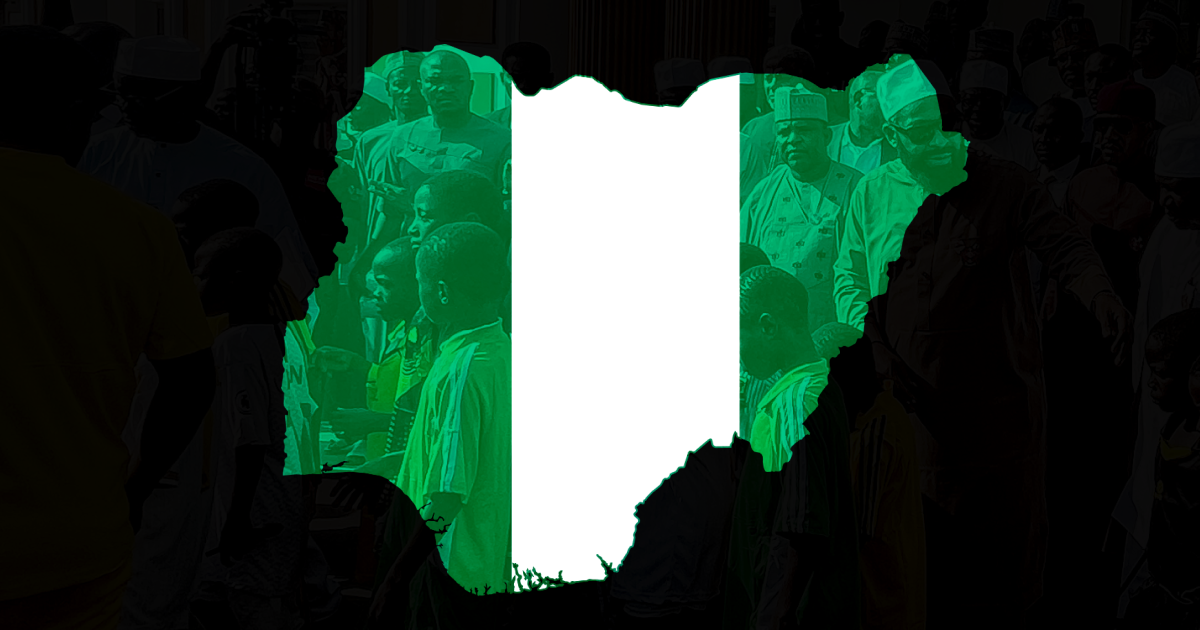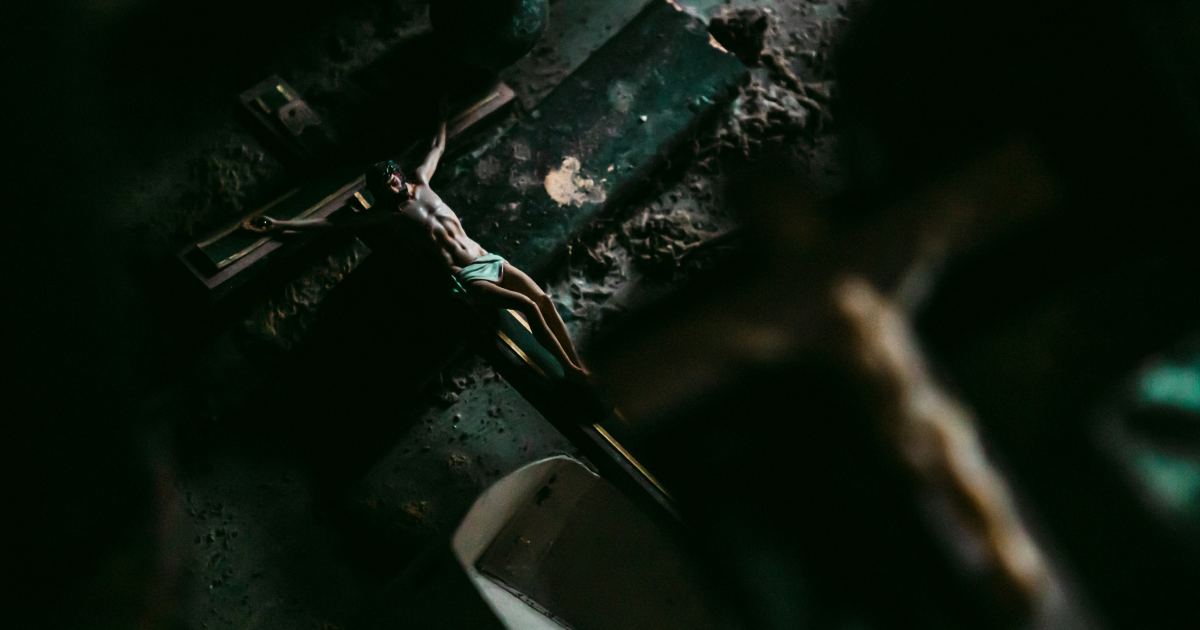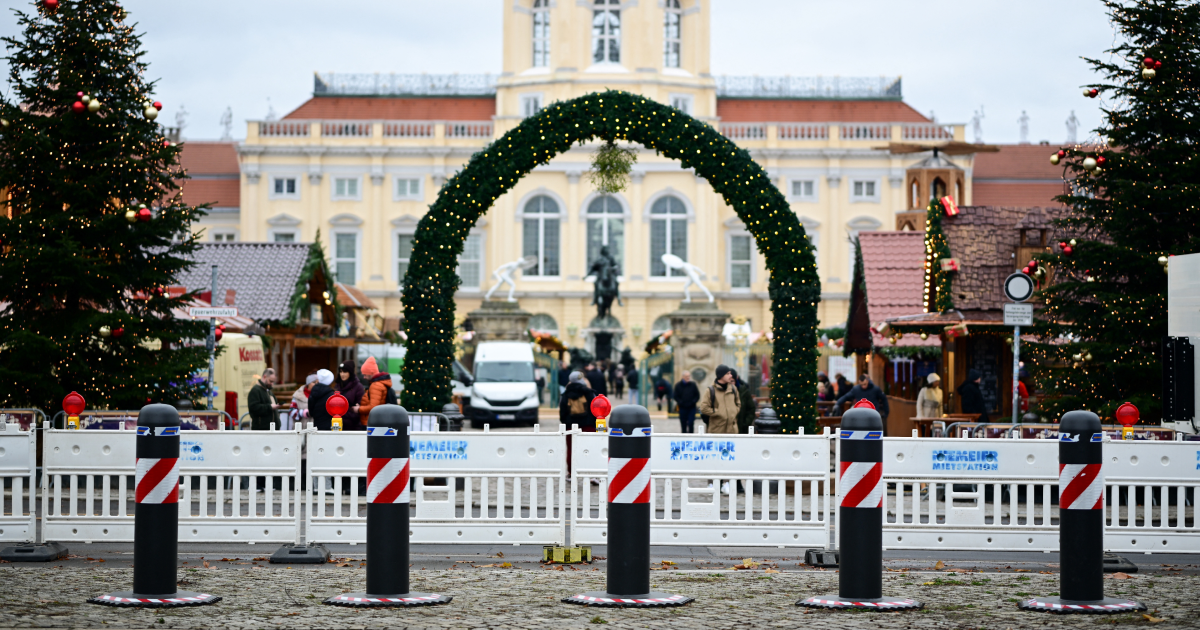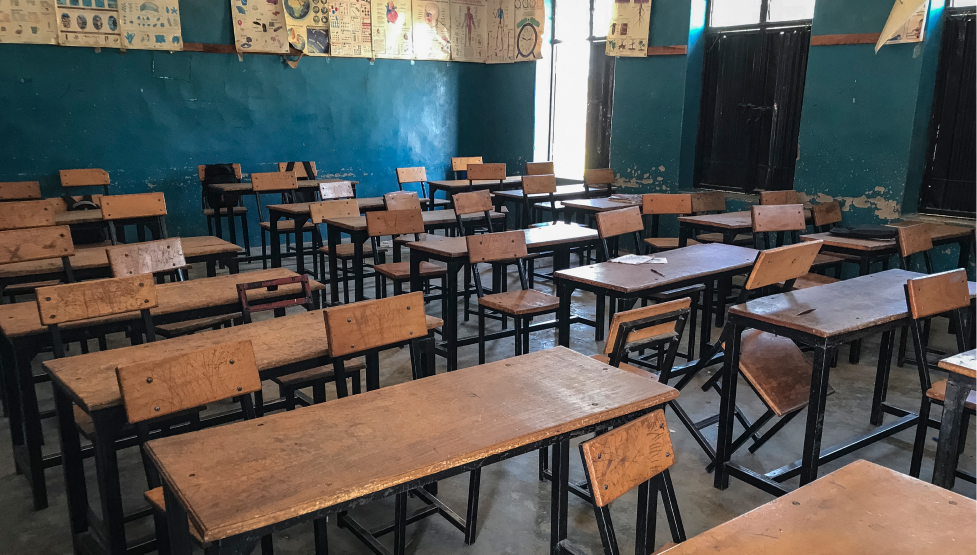Pressure is growing on Cardinal Parolin to push the Holy See to decriminalise abortion in Andorra.
The head of government of the Principality of Andorra, Xavier Espot, and his Minister of Institutional Relations, Ladislau Baró, travelled this week to the Vatican to engage in talks with the Holy See over the proposed decriminalisation of abortion.
According to a statement issued on Thursday by the Andorran government, the delegation – which also included the country’s ambassador to the Holy See, Carles Àlvarez – met with Cardinal Pietro Parolin, the Secretary of State of the Holy See, in what the government described as a “matter of great legal, institutional and social complexity”.
In the statement released on 23 October, the Andorran government said: “The Head of Government, Xavier Espot, and the Minister of Institutional Relations, Ladislau Baró, together with the ambassador to the Holy See, Carles Àlvarez, met yesterday afternoon in the Vatican with the Secretary of State of the Holy See, Cardinal Pietro Parolin, within the framework of the institutional dialogue that the two parties are maintaining to address the process of decriminalising abortion in Andorra.”
The Andorran government said they were seeking a “solution” that would preserve Andorra’s institutional structure while enabling significant progress in the “recognition of women’s rights”. During the meeting, the two delegations reaffirmed their shared commitment to continue working constructively with the aim of producing a proposed legislative text in the coming months.
It appears the draft law, already under discussion in Andorra, aims to remove the criminal penalties for women who undergo abortion and for the professionals involved, while stopping short of legalising the procedure within Andorra itself. Instead, it would permit travel to France or Spain for a termination, while maintaining the ban on abortions inside the principality.
Andorra’s constitutional arrangement is unusual. The secular, non-denominational state recognises the Bishop of Urgell as one of two co-princes of the realm, alongside the President of France. This means that any law of this kind would require the signature of the Bishop as one of the heads of state. In past reforms, such as the law authorising same-sex civil unions in 2005 and medically assisted procreation in 2019, the Bishop has traditionally refrained from signing controversial legislation, leaving that function to the French co-prince.
In a recent television interview, the Prime Minister admitted the government had compiled a “first draft” of the law but needed to arrive at a text that “satisfies everyone”. He emphasised that the aim was not to obtain the Holy See’s formal approval, but to avoid its “outright opposition”.
According to commentators, the stakes are more legal than theological for the Catholic Church. During a visit to Andorra in September 2023, Cardinal Parolin described abortion as a “very delicate, very complex question that we need to face with a lot of discretion and a lot of wisdom”.
Historically, the principality’s co-prince arrangement dates back to the 13th century and stems from a medieval compromise that endures today. The special relationship between Church and state in Andorra has long made reform of life issues inherently fraught. The secularising wave of the 1990s reduced the Church’s influence and, in 1993, the constitution was amended to declare Andorra a “non-denominational” state, albeit while preserving the co-prince role of the Bishop of Urgell.
For now, discussions remain centred on how to reconcile that commitment with Andorra’s unique political structure, and on whether the Bishop of Urgell, as Co-Prince, will ultimately be willing or able to sign a law that enshrines the “recognition of women’s rights”.
(Photo by TIZIANA FABI/AFP via Getty Images)





.jpg)




.png)






